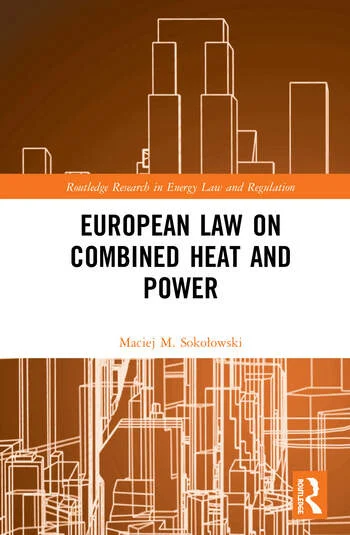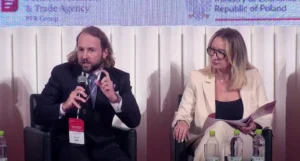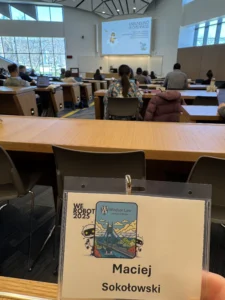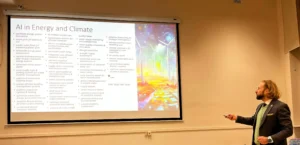
About
Doctor of law (PhD) with habilitation (Doctor of Science, DSc) in legal science. Specially Appointed Associate Professor at the Faculty of Policy Management of Keio University, also affiliated with the Faculty of Law and Administration at the University of Warsaw. Expert in the field of energy law, climate policy, energy sector, and just energy transformation.
Read more about me...Publications

Smart Cities and Japan’s Energy Transition: Past, Present, and Future
This book offers a complex and problem-based analysis of the past, present, and future of smart cities in Japan’s energy transition. With 92% of Japanese living in urban areas and a goal of achieving net-zero greenhouse gas emissions by 2050, Japan’s energy future will depend largely on how its cities can become smarter, greener, and more resilient. To reach these ambitions, a collective effort is required, with actions coming from Tokyo to Kumamoto, from Yokohama to Sapporo, and throughout dozens of smaller and bigger Japanese urban structures. This book addresses the key issues that have emerged or may emerge in various Japanese cities that are pursuing smart energy initiatives. The authors examine several issues, including international cooperation, heating decarbonisation, foreign direct investments, city planning, housing policies, and technology-related risks in the context of Japan’s energy transition.

The Energy Transition in Japan: Smart Cities and Smart Solutions (2025)
This book offers a distinctive and comprehensive view of the energy transition of Japan, with a particular focus on the rise of smart cities. Drawing on real examples from Japan’s journey towards carbon neutrality, this volume examines a variety of topics ranging from laws and policies to technological and managerial solutions, discussing them in the context of Japan’s energy transition. Among the issues covered by the book are climate action planning, sustainable waste management, energy poverty, decarbonisation, e-methane, transport policies, and smart grids. The book also explores the regulatory tools that either support or hinder the development of smart cities in Japan, and how Japan can leverage its national solutions globally. In this way, this book serves as a guide for global climate action and energy transitions around the world.

Routledge Handbook of Energy Communities and Smart Cities (2023)
This Handbook examines the regulatory, social, financial, and technological issues pertaining to energy communities in smart cities. Evidencing the emergence of new imperatives at the intersection of sustainability, resilience, innovation, and legal issues, energy communities embody the thrust of the user-centred digital transformation our societies are subjected to today. By bridging the energy communities debate with smart cities research, this Handbook positions itself at the heart of the conversation on energy sustainability, climate action, and “just transition”.

Energy Transition of the Electricity Sectors in the European Union and Japan (2022)
This book provides a comprehensive overview of the energy policies in the European Union and Japan in terms of electricity markets and climate action, including energy efficiency, renewable energy sources, and the reduction of emissions. The book evaluates and compares the regulatory frameworks for achieving energy transitions by answering a number of questions focused on the essence and range of the regulatory models used by leading global economies which herald carbon neutrality by 2050. The book provides a useful framework that systematises Japanese and European energy policies and legislation including electricity-related policies, plans, and programmes. Discussing these issues in relation to the European and Japanese 2050 energy transition the author delves into the four pillars of the transition: market reform, reduction of emissions, promotion of renewables, and enhancing energy efficiency.

European Law on Combined Heat and Power (2020)
European Law on Combined Heat and Power carries out an assessment of the European legal and policy measures on CHP, evaluating how it has changed over the years through progress and decline in specific member states. Over the course of the book, Sokołowski explores all aspects of CHP, examining the types of measures used to steer the growth of cogeneration in the EU and the policies and regulatory tools that have influenced its development. He also assesses the specific role of CHP in the liberalisation of the internal energy market and EU action on climate and sustainability. Finally, by delivering his notions of “cogenatives”, “cogenmunities”, or “Micro-Collective-Flexible-Smart-High-Efficiency cogeneration”, Sokołowski considers how the new EU energy package – “Clean energy for all Europeans” – will shape future developments.

















